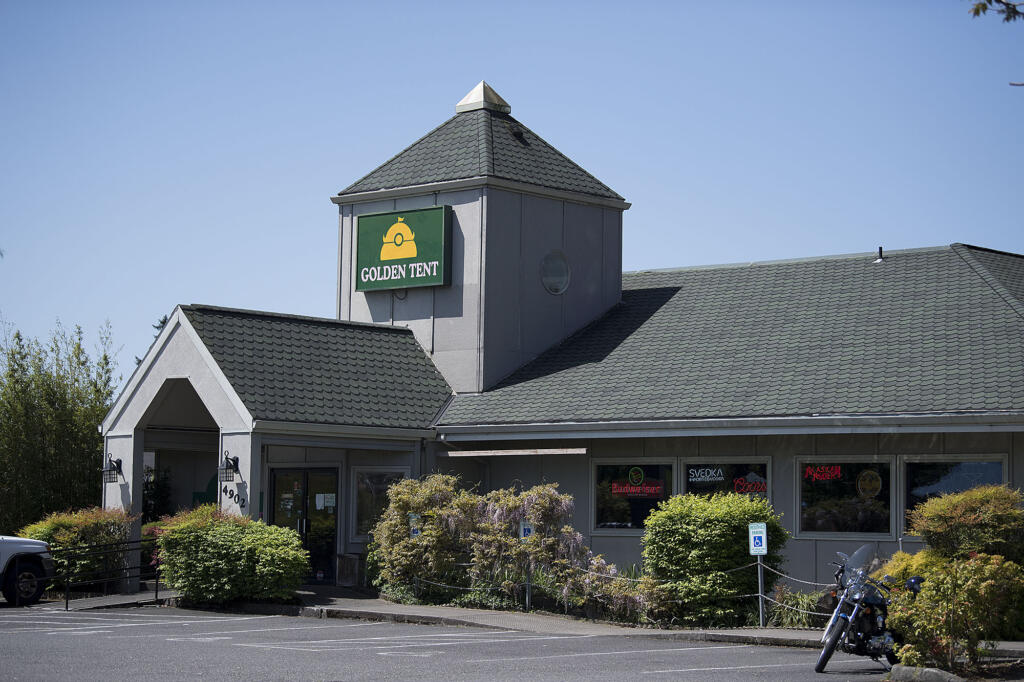“The master lease arrangement with the purchase option is just another tool in the toolbox for us to try to get that additional affordable housing in Clark County and make sure it stays there,” Vancouver Housing Authority Chief Executive Officer Roy Johnson said.
Under the agreement, the housing authority handles all property management while the developer handles design and construction. “A big driver for us is being able to come up with whatever approaches we can to increase affordable stock without us having to do all the development,” Johnson said.
Units will likely be leased as mixed-income housing, with 51 percent of the units for people at or below 80 percent of the area’s median income; the remainder will be leased at market rate. Though this doesn’t provide for the very low-income population that the authority normally serves, it does help fill a gap of “missing middle” housing for moderate-income households.
Master leasing also benefits the developer by making the project less risky, since the housing authority ensures units will be filled.
“This is financial reassurance to them that it will be a viable project,” Johnson said. “Knowing that when it’s complete, they’re going to start receiving the amount of lease payments that they were anticipating.”
The master lease arrangement is also cost-effective for the housing authority. The Briscoe Court development would cost the housing authority $280,000 per unit to purchase. For comparison, its Fourth Plain Community Commons project, which the authority is collaborating with the city to develop, costs $346,000 per unit, according to the housing authority.
The housing authority previously made use of a master lease and purchase option at its Lainie’s Crossing complex, a 29-unit building that it acquired for households earning less than 50 percent of area median income.
This Briscoe Court development is another good opportunity to use a master lease due to its location, according to Johnson. “We don’t have one currently over by Vancouver Mall that close, so it’ll be nice to be able to secure permanent affordable rental property over there,” he said.
The authority also owns a neighboring homeless shelter, Bertha’s Place, and could possibly roll in programs that tie the buildings together, Johnson added.
Yet for all the benefits of master leasing, the housing authority comes across few opportunities to use it. Johnson suspects that private builders’ focus on above-market-rate construction has prevented master leases from being used more frequently.
“When their financial model is based on receiving rents well above market rents, then the opportunity for it to be converted to affordable is just not there,” he said.
Current high interest rates could result in more opportunities to enter into master leases going forward, Johnson noted. “(Developers) may have financially modeled it differently going in than when they were able to go to permanent financing, so it could be an opportunity for us to work with other ones to be able to secure properties.”




